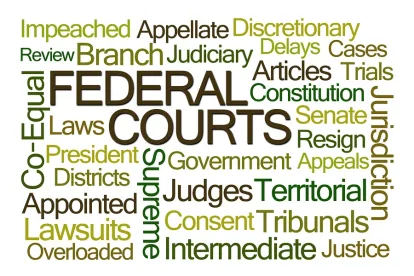In Auer v. Trans Union, LLC, 902 F.3d 873 (8th Cir. 2018), the Eighth Circuit took a detour into common law and reminded us that a plaintiff who has consented to an alleged FCRA violation does not have standing to maintain a claim for that violation.
Under the facts of Auer, the plaintiff, a lawyer, was appointed as the city attorney of Minot, North Dakota. When she received her appointment, the plaintiff understood that she was required to pass a background check to keep the job and signed a broad Authorization to Release Information and Waiver to facilitate the background check. In this release, the plaintiff authorized “representatives of the City of Minot to obtain any information in my files pertaining to my . . . credit records . . .” In addition, she also authorized all custodians of such records, including any “credit bureau or related personnel” to release the requested information to the City of Minot and released all such custodians from any liability for damages of whatever kind resulting from the release of the information.
Shortly thereafter, the Minot City Police Department conducted the required background check and obtained a copy of plaintiff’s credit information from CBCInnovis, Inc. who, in turn, had obtained it from TransUnion, LLC. Approximately 60 days later, the City terminated the plaintiff’s employment as city attorney. After the plaintiff filed a wrongful termination suit against the City, the City retained the Smith law firm to represent it in the litigation. The Smith firm, in turn, contacted the plaintiff, told her that it had obtained her consumer credit information from the City, and offered to forward the information to her. The Plaintiff, apparently acting pro se, then amended her complaint to bring a number of FCRA claims against the City, the law firm, and CBC, all addressed to the fact that the defendants allegedly failed to provide her with required procedural notices prior to obtaining and using her consumer credit information and transferring it between the other defendants.
On appeal, the Eighth Circuit held that while plaintiff did plead the statutory elements of a FCRA claim, that pleading alone was insufficient to confer Article III standing. Instead, the court analyzed whether plaintiff could plead Article III standing by determining whether the alleged intangible harm that she pled — an injury to her privacy — had a close relationship to a harm that traditionally provided a basis for suit at common law. Although it recognized that an invasion of privacy provided a basis for suit at common law, it reasoned that plaintiff could not maintain such a suit because she consented to the invasions of privacy about which she later tried to complain. Similarly, the court held that she could not maintain FCRA claims because, through the Authorization to Release Information and Waiver, she consented to the alleged technical violations of the statute that served as the basis of her claims.




 />i
/>i
